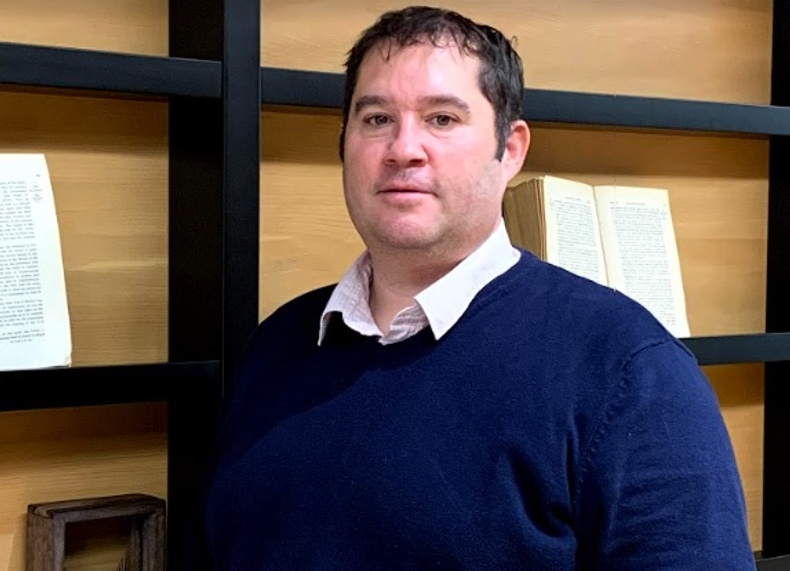Pandemic has made social mobility more difficult - survey

Covid-19 is making it harder for people to achieve better opportunities in life, including women and those from the most disadvantaged backgrounds.
That 's according to PwC 's latest social mobility research which surveyed 4,000 people across the UK.
More than half (59 per cent) of people across the West Midlands say the pandemic has made social mobility more difficult with women more likely to feel this (65 per cent) compared to men (56 per cent).
And 55 per cent of people surveyed across the region agree that those from lower socio-economic backgrounds have been further disadvantaged.
As the Government plans a post-pandemic catch-up to ensure those from the most deprived backgrounds and future generations are not further disadvantaged, PwC 's Driving Social Mobility research highlights the biggest barriers people face to reach their potential, and how the Government and businesses can help improve social inequalities.
Nationally the public lacks optimism for the prospects of future generations. Whilst 59 per cent of people say they have had more opportunities than their parents, only 52 per cent believe younger generations will have the same or better opportunities.
Across the generations, there are different views on barriers to social mobility. Those aged over 55 believe skills and education are the biggest barriers.
But 18 to 34-year-olds are more likely to see ethnicity and lack of a support network (27 per cent), gender, disabilities, and the place where people grow up (24 per cent) as the biggest hurdles.
Respondents from ethnic minority backgrounds feel the biggest barriers to people achieving their potential are ethnicity (38 per cent), compared to 23 per cent of the wider population, followed by gender (28 per cent), disability (25 per cent), lack of support network growing up (24 per cent) and area they grew up in (23 per cent).
Significantly more men than women felt ethnicity (25 per cent vs 20 per cent), sexual orientation (13 per cent vs 9 per cent), and religious beliefs (11 per cent vs 7 per cent) are stopping people from achieving their full potential.
However, more women (31 per cent vs 21 per cent) felt that the lack of support network was the main thing holding people back.
The public are united, wanting business to play a key role in securing the social mobility of future generations, by offering better work experience and career pathways, and greater investment in apprenticeships and skills.
Nearly two thirds (63 per cent) of people surveyed in the West Midlands think the government should work with local businesses to offer more hands-on experience as part of the education catch-up process from the pandemic.
Nick Hatton (pictured), Midlands Place and Purpose leader at PwC, said: “This research is a stark warning that the pandemic risks putting social mobility into reverse. While older people have been the principal health victims of COVID, without action the younger generation will be the biggest economic and social losers from it.
“Covid-19 has not only exposed the fragility of our care system. It has also exposed the fragility of our society. Urgent action is needed to put jobs, education and skills for young people at the heart of the Government 's levelling up agenda.
“The public wants businesses to more actively step up to the plate to create new opportunities for people to progress in life.
“That 's why we have been on the 'front foot ' in establishing a presence in the Midlands - not only creating employment opportunities for people from diverse backgrounds but also creating an expectation and a new pathway for people to build a future career with PwC. ”
